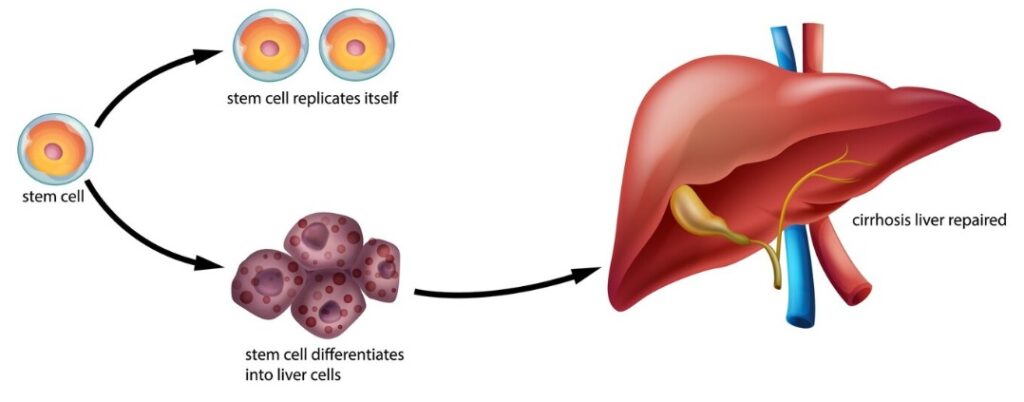Gallbladder cancer
Gallbladder Cancer
Gallbladder cancer, though relatively rare, poses a significant medical challenge due to its often asymptomatic nature until advanced stages. Emerging primarily in the inner lining of the gallbladder, it tends to metastasize swiftly, complicating treatment options and prognosis. Risk factors such as gallstones, chronic inflammation, and genetic predispositions underscore the importance of early detection and comprehensive screening protocols.
Despite advancements in surgical techniques and adjuvant therapies, the overall prognosis remains bleak, emphasizing the pressing need for continued research into effective prevention strategies and innovative treatment modalities.
Risk Factors
- Gallstones: Presence of gallstones increases the risk significantly.
- Age and gender: Gallbladder cancer is more common in people over 65 and is more prevalent in women.
Symptoms
- Abdominal pain, particularly in the upper right side
- Jaundice (yellowing of the skin and eyes)
- Unexplained weight loss
- Nausea and vomiting
- Fever
- Itchy skin
Diagnosis
- Imaging tests such as ultrasound, CT scan, or MRI
- Blood tests to check for liver function and tumor markers
- Biopsy, which involves taking a sample of tissue for examination under a microscope
Treatment
- Surgery: Removal of the gallbladder (cholecystectomy) may be recommended if the cancer is detected early.
- Chemotherapy: Drugs may be used to kill cancer cells or shrink tumors before or after surgery.
- Radiation therapy: High-energy rays are used to target and destroy cancer cells.

